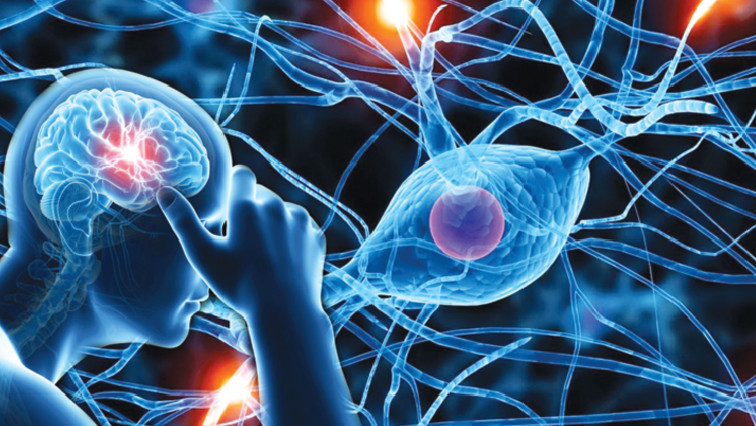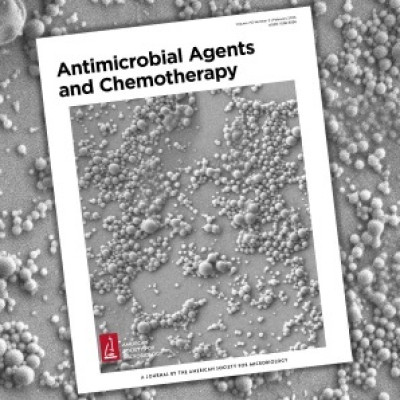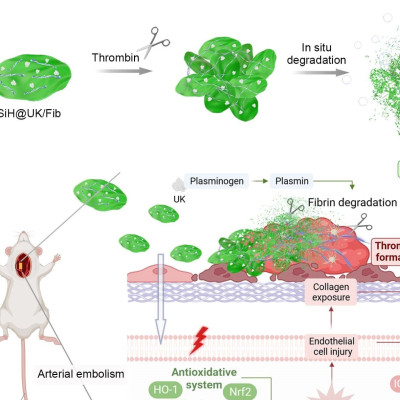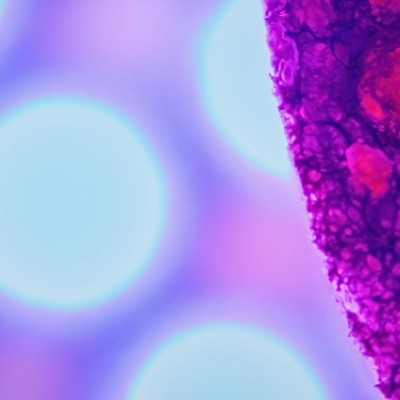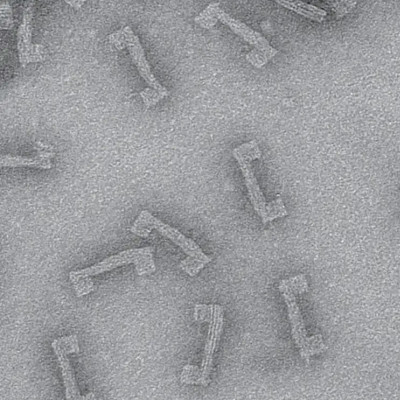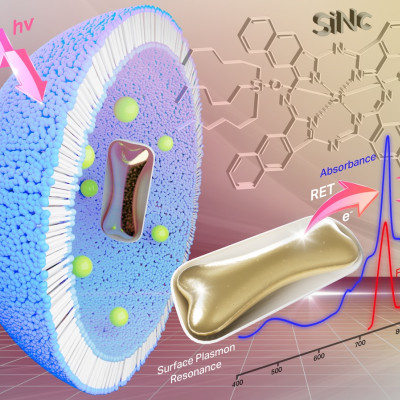PENG Lihua at the Zhejiang University College of Pharmaceutical Sciences led a cutting-edge research into ginseng-derived exosomes (G-Exos) as a carrier for miRNA transfer in the neural differentiation of BMSCs. Their research findings appear in a research article entitled “Plant Exosomes as Novel Nanoplatforms for MicroRNA Transfer Stimulate Neural Differentiation of Stem Cells in Vitro and in Vivo” in the journal Nano Letters.
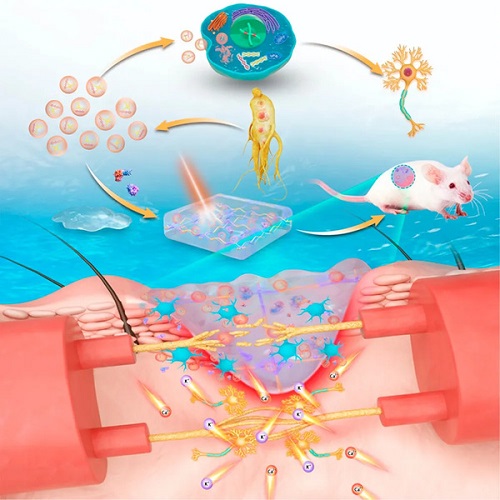
Scheme of the G-Exos stimulation in the neural differentiation of BMSCs with sensory functions achieved
In this study, researchers isolated Exos from the juice of ginseng and loaded chemokine and G-Exos onto photo-cross-linkable hydrogel to fabricate a convenient, safe and efficient multi-purpose wound regeneration gel dressing, thereby achieving the targeted recruitment and induced neural differentiation of stem cells.
“This study demonstrated that G-Exos, which could circumvent the limitations of conventional RNA transfer strategies, may well become an effective nanoplatform in transferring plant-derived miRNAs to mammalian stem cells for neural differentiation both in vitro and in vivo, thus holding great promise in neural regenerative medicine,” said Prof. Peng.
Read the original article on Zhejiang University.

